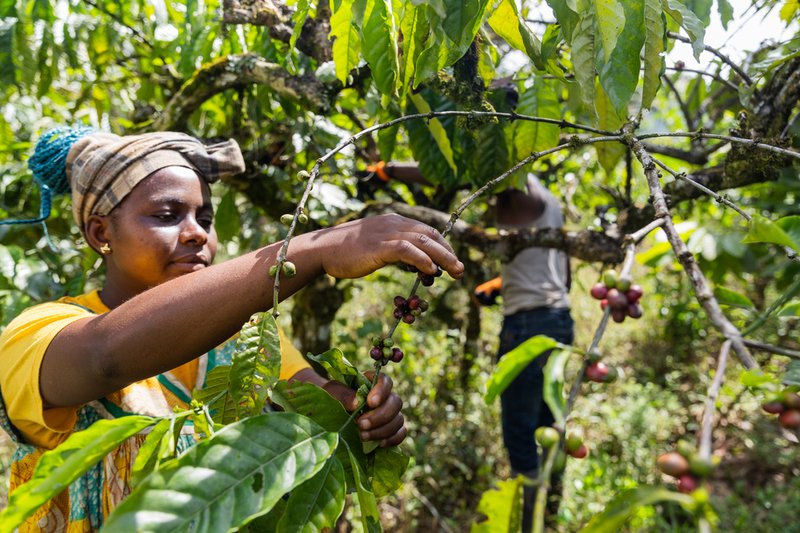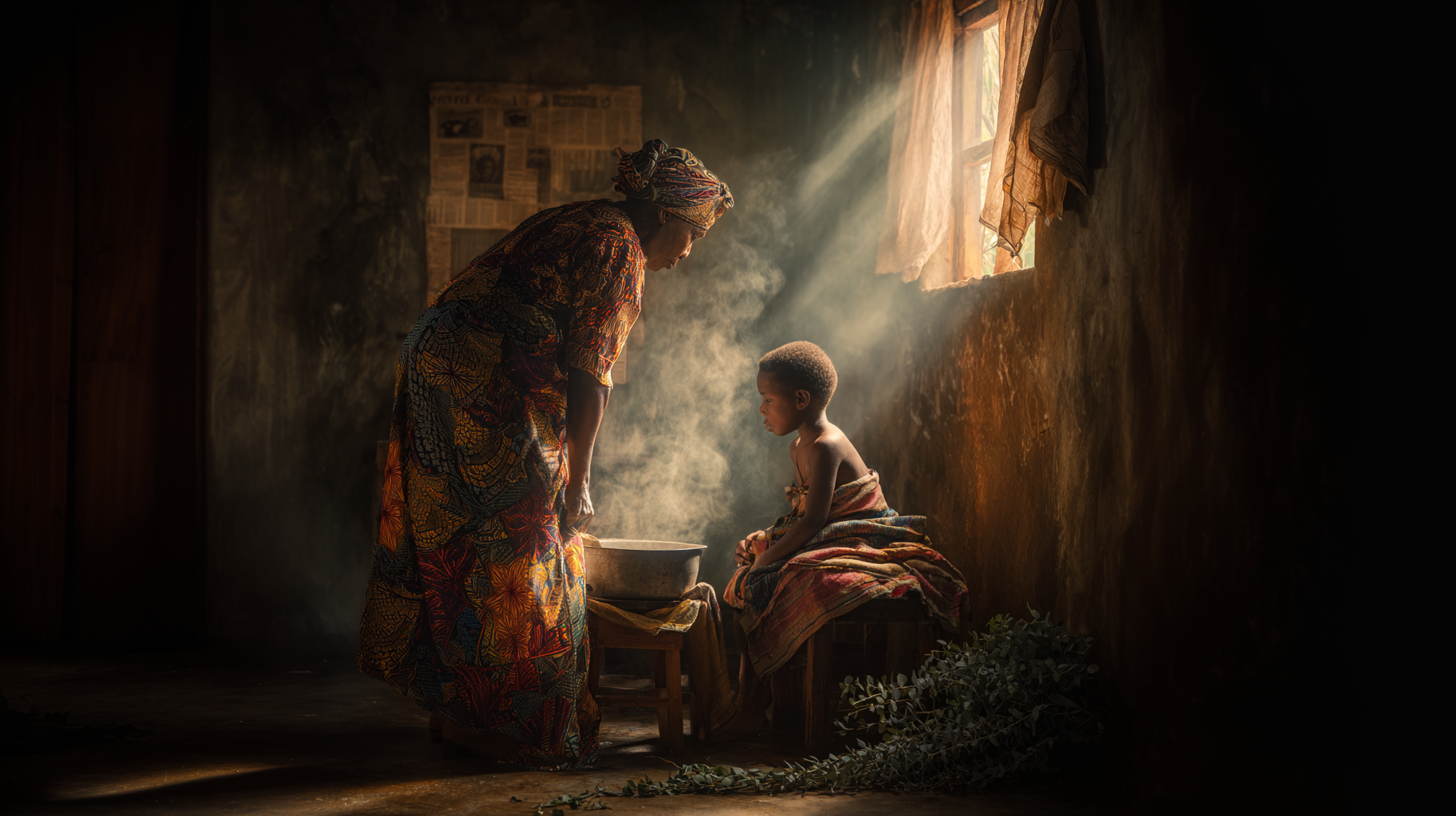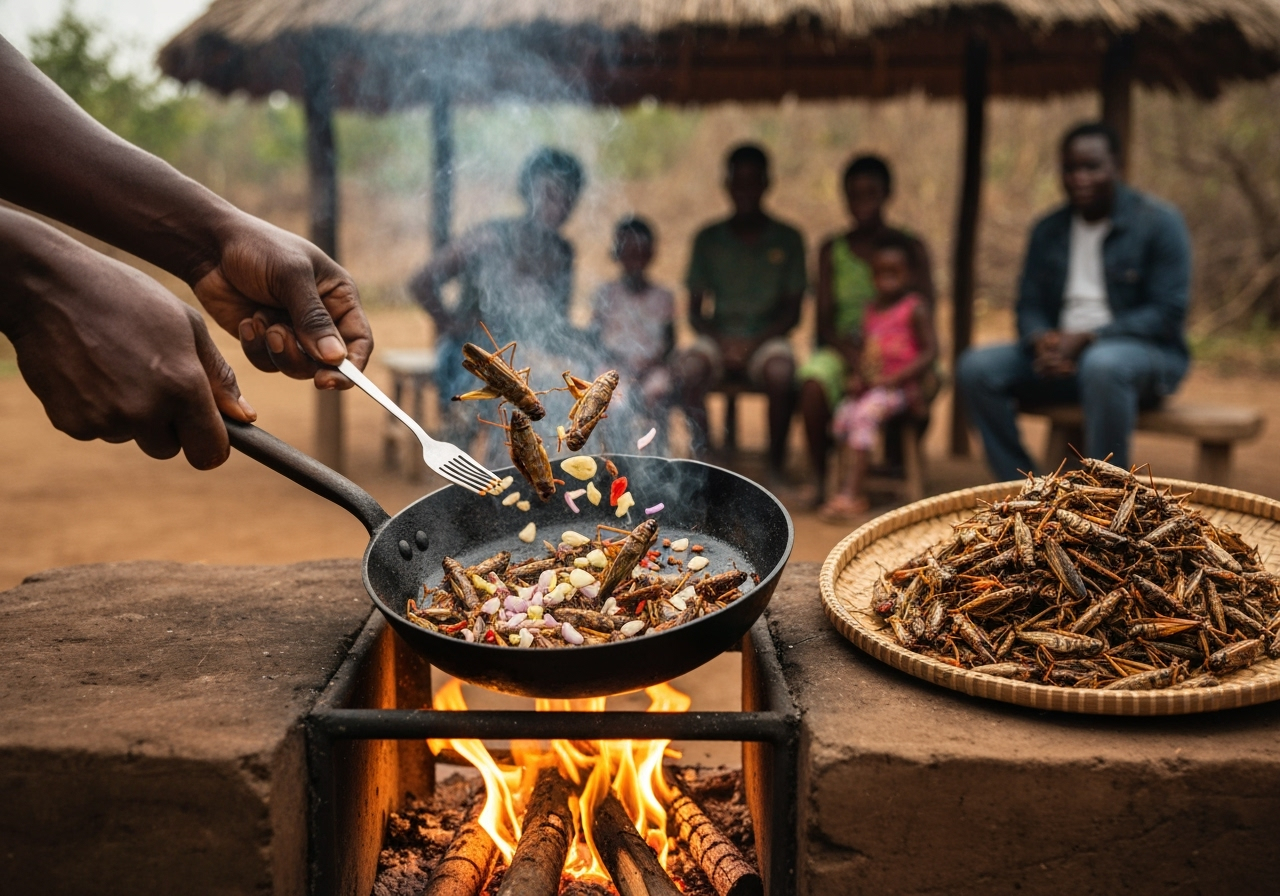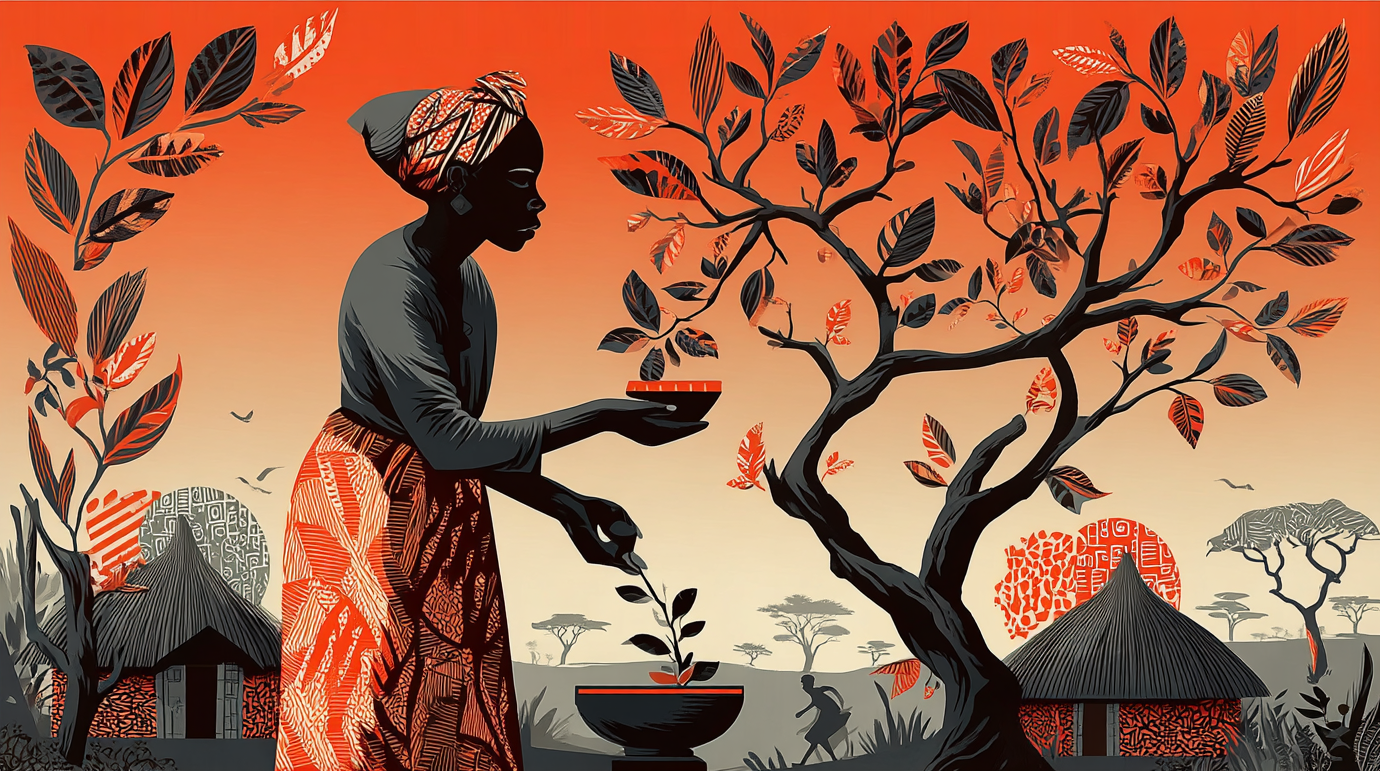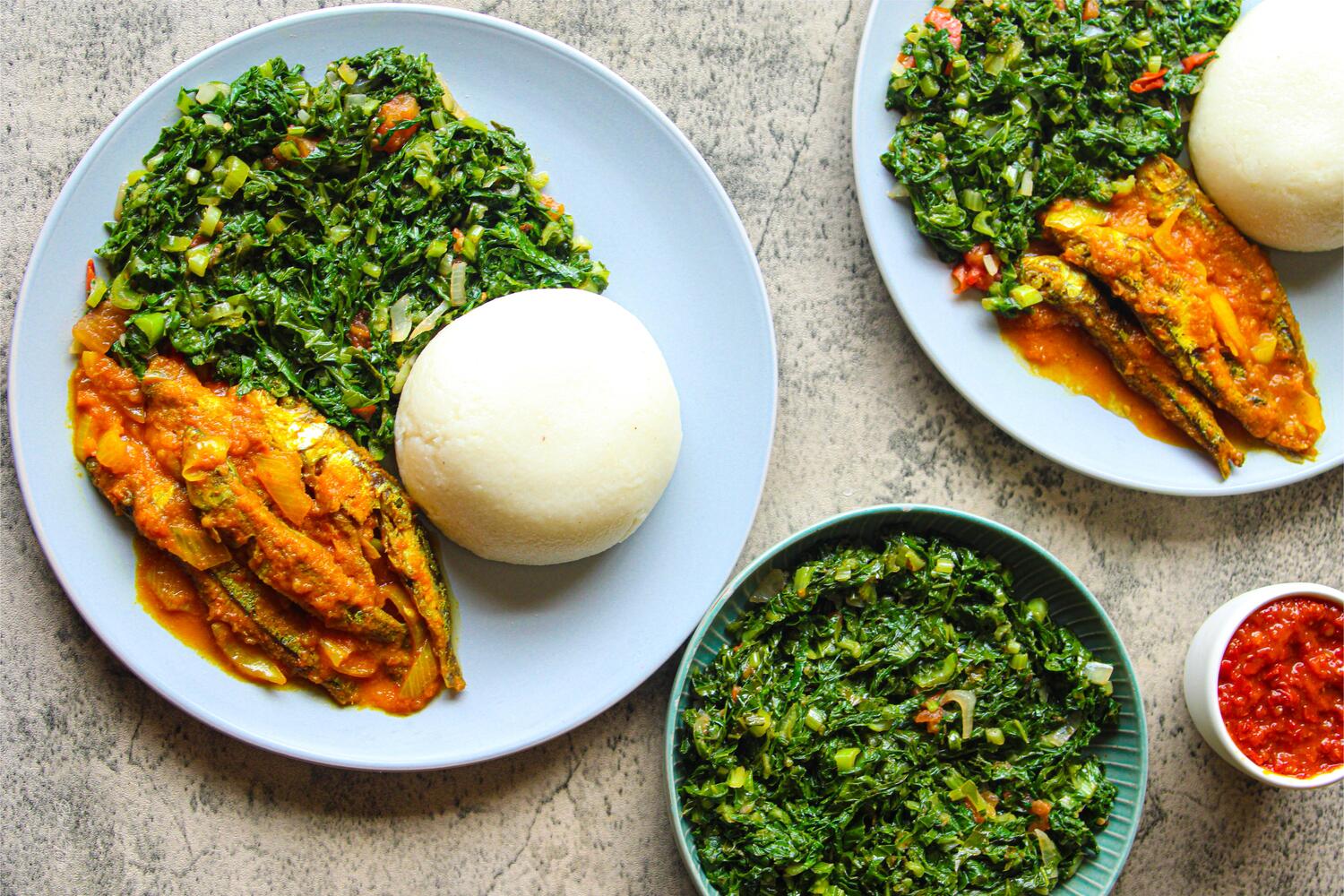Long before the arrival of Western medicine, Zambians have turned to plants found in nature for sustenance and medicinal purposes. Plants such as moringa and blackjack have been used for everything from tending to wounds to curing colds.
Growing up, I always felt a deep sense of oneness with nature. There is an inexplicable synergy between us; I depend on it, and it depends on me. This philosophy dates back generations to my forefathers, who knew no other way of life. If you stay in Zambia long enough, you will notice that every household observes a certain degree of reverence for plants and herbs. Whether it's a moringa tree, blackjack plant, or chala cha nkhwale, these plants hold a special place in our homes. Some may dismiss them as weeds, but in Zambia, they are nutritious vegetables and powerful healing agents. Our ancestors understood this long before the arrival of Western medicine, passing down their wisdom from one generation to the next. Now, as time progresses, it is fascinating to see modern science beginning to echo the same voice.
Blackjack
Nostalgically recalled as "sock soldiers," I vividly remember its tiny, sticky seeds clinging to my school socks as I followed my mother to the garden. I also remember her brewing a hot tea from the plant whenever someone in the family felt under the weather. At the time, I had no idea just how powerful it was.
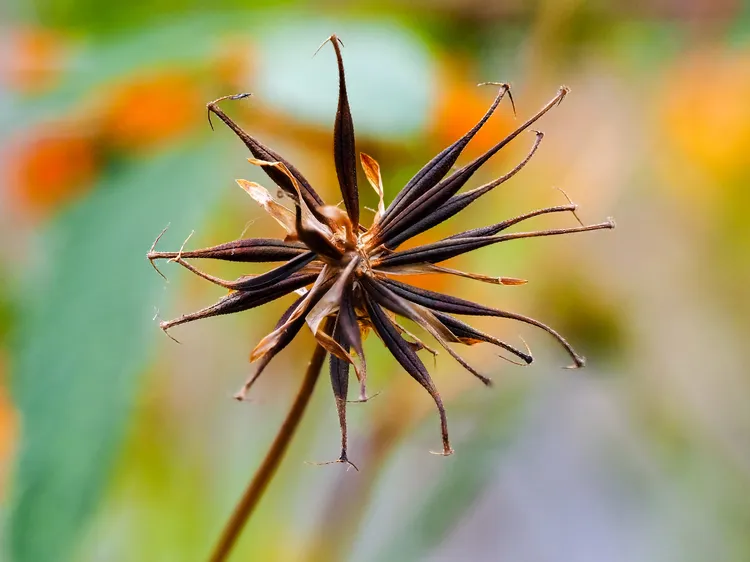
This free-growing plant is packed with flavonoids and antioxidants that support the immune system and aid digestion. Surprisingly, it is also used to treat cuts and wounds. I doubt my mother had formal knowledge of its antimicrobial and antifungal properties. To her, it was simply something she had learned from her mother, who had learned from her mother before her. And without fail, it always worked.
Moringa
Moringa was a staple in my life long before it became the "next big thing" in wellness circles. My first introduction to it was in primary school when I featured it in a JETS science project. Even as a child, I was fascinated by its benefits.
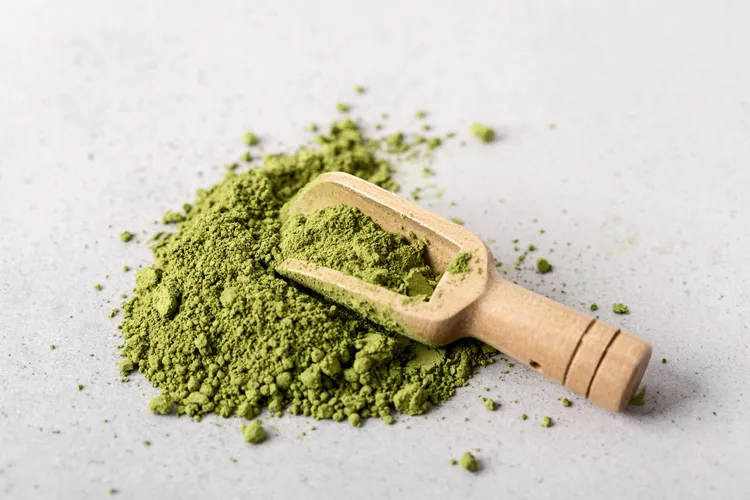
Moringa is a true gift of nature. Every part of the tree offers something valuable. The seeds purify blood, while the leaves are rich in vitamins C, A, and E, iron, and protein, with anti-inflammatory and immune-boosting properties. Moringa supports overall wellness and is widely recommended as a daily supplement. Today, initiatives like the Moringa Project are helping to promote this Zambian treasure on the international stage.
Chala cha Nkhwale (Asthma Plant)
One plant that has the power to save lives is Euphorbia hirta, commonly known as the asthma plant. A pantropical weed originating from the tropical regions of the Americas, it is a hairy herb that grows in open grasslands, along roadsides, and on pathways. It is widely used in traditional herbal medicine across many cultures, particularly for asthma, skin ailments, and hypertension.
This plant is often brewed into herbal tea and has long been used as a remedy for fevers, including dengue fever and malaria. Research now confirms what many of us have always known that this humble plant has life-saving properties, especially in rural Zambian communities where healthcare centres are scarce. It is yet another example of how our traditional foods don't just nourish us; they heal us too.
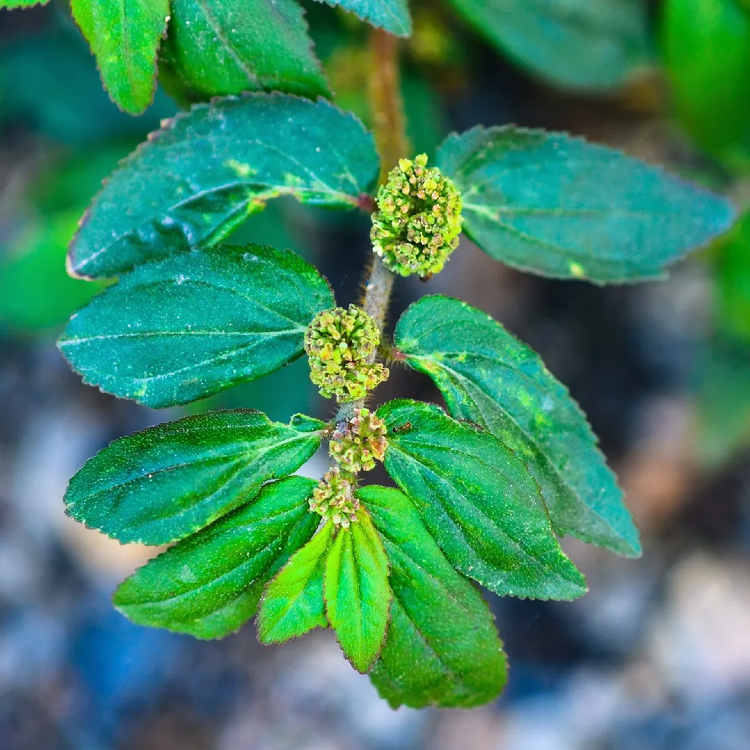
There is an increasing opportunity to bridge the gap between traditional healing practices and modern pharmacology. In Asia, we have seen how the integration of herbal and synthetic treatments creates a more holistic approach to healthcare. Similarly, Zambian institutions such as the Namfumu Conservation Trust are working tirelessly to preserve and promote our indigenous foods, gaining international recognition and respect for our plant life.
Such organisations not only safeguard traditional knowledge but also create sustainable livelihoods, connecting farmers to global markets and turning these local treasures into viable business opportunities. It is heartwarming, if not slightly ironic, to watch the world rediscover what we have always known. From the healing properties of blackjacks to the nutrient-dense magic of moringa, our foods have always been our medicine. They nourish both body and soul. Nature has always provided, and we must protect it so that the wisdom passed down through generations can continue to thrive.
